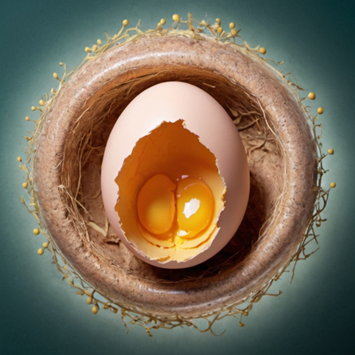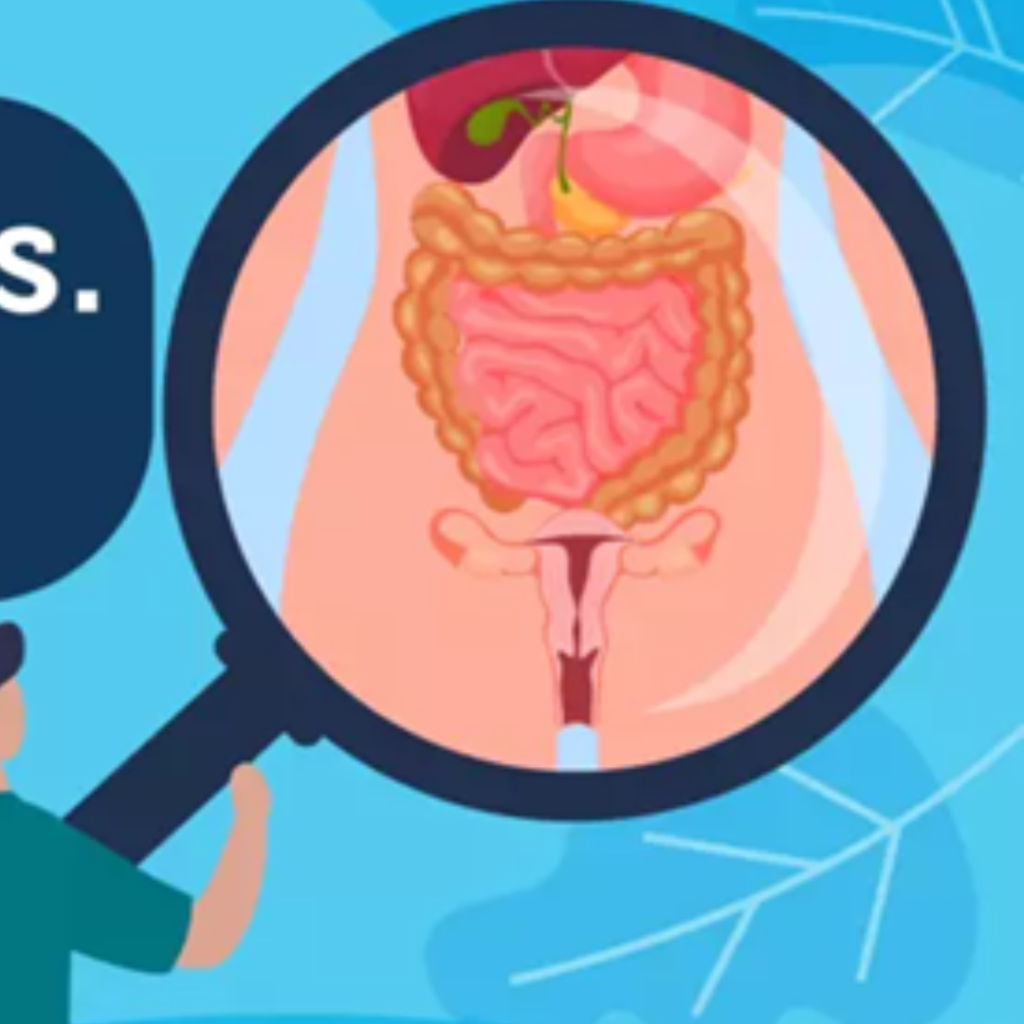What is AMH

What is AMH?
Once upon a time, deep inside our bodies, there lived a tiny hormone with a big job. Its name was AMH, which stands for Anti-Müllerian Hormone. Now, ladies, our body is a magical garden, and AMH is the gardener who takes care of all the special seeds needed to make babies.
Let’s break it down, what exactly is AMH and why should we all care?
AMH is like a fairy that lives inside our caves aka ovaries. It counts all the precious eggs and helps track how many are left. As we grow older (reaching menopause), the count gets fewer and fewer (quite naturally), but that’s okay, all is a part of growing up.
Now, why is AMH so important?
Knowing about AMH and your egg treasure is super important for your magical journey of someday becoming a parent. If AMH finds lots of eggs in your treasure chests, it means you might have an easier time making a baby when you grow up. But if there aren’t as many eggs, don’t worry! There are still methods like IVF that can help you in your parenthood journey.
How to measure ovarian reserve?
The best way to determine the number of remaining eggs (ovarian reserve) is to take an AMH blood test, either at a local laboratory or at home using an AMH Test by Fertility Connected.
Your AMH levels don’t change during your menstrual cycle, so the blood sample can be taken at any time of the month — even while using oral contraception. You also don’t have to undergo any special treatment or follow a special diet regimen.
Women’s fertility varies with age
While men can constantly generate new sperm, women are born with a finite supply of eggs. Getting pregnant in your 40s is understandably more difficult than getting pregnant in your 20s or 30s. Also, if your eggs are also abnormal (ie. low-quality), you’ll have a much harder time with conceiving. On the other hand, if you’re in your 20s and your AMH test shows that you have a low egg reserve, you have a better chance of conceiving thanks to healthier egg quality.
This is one of the reasons that doctors recommend freezing eggs and IVF when you are younger.
What do high or low AMH levels mean?
A high level of AMH doesn’t always lead to a successful pregnancy, nor does a low level mean you are infertile. Low-level AMH indicates a low ovarian reserve, and it is quite normal as women age. As menopause approaches, AMH levels become nearly undetectable.
If you’re considering IVF, it’s a great idea to understand your AMH levels and provide your doctor. A higher rate of AMH leads to significantly better birth rates in IVF and egg-freezing cycles.
Embracing Ayurveda for Fertility: A…
Difference between Endometriosis and Adenomyosis
Importance of pelvic floor muscles…
Our fertility profiling service includes a brief, confidential questionnaire that helps us understand your unique needs and goals.
We combine expert guidance, advanced AI-driven tools, and compassionate support to provide personalized care at every step. Our focus isn’t only on the physical aspects of fertility but also on helping you feel emotionally prepared and supported.
We understand that fertility journeys can be challenging, both mentally and emotionally. Our services include resources, wellness tips, and guidance to help you manage stress and stay balanced.
No, you don’t need to be in a specific location to work with us! Our services are available nationwide, so you can access support from anywhere.
Quick Links
Contact Us
We’re here to help you on every step of your fertility journey.
Address
Electronic City, Phase1, Bengaluru, Bangalore, India, Karnataka
Contact Us
078294 00909 vibesfertility@gmail.com




